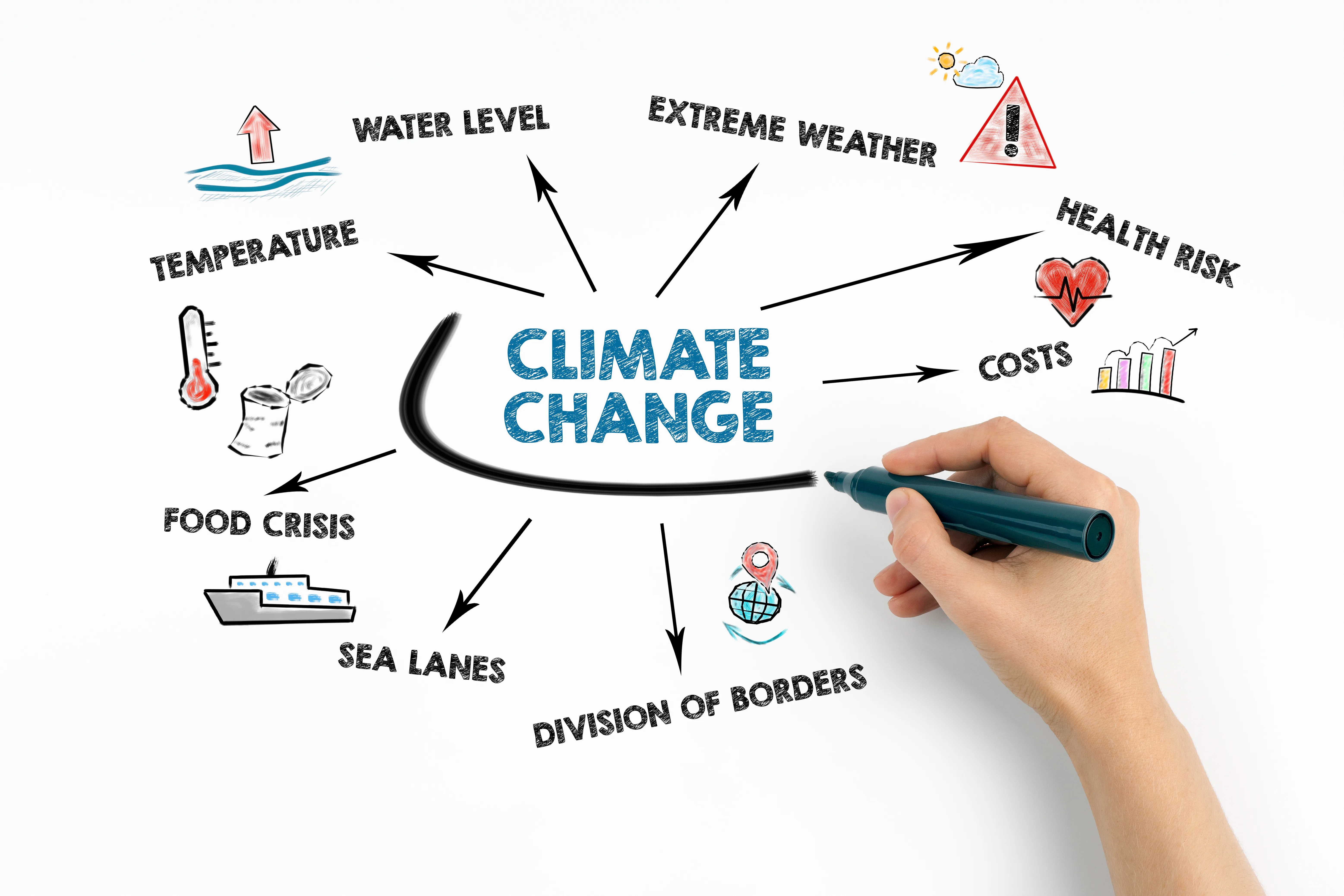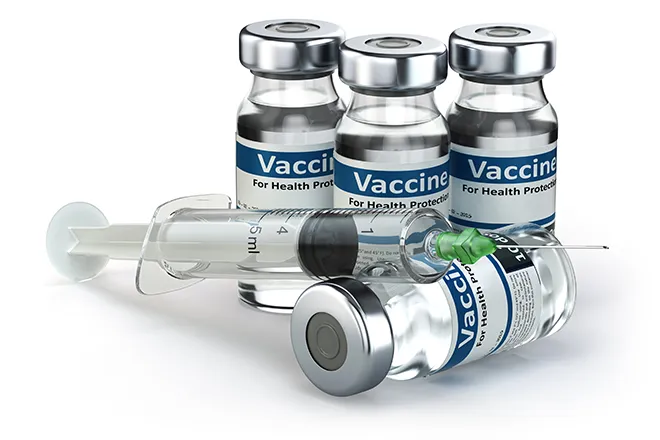
Daily Audio Newscast - October 29, 2025
© AlexLMX - iStock-823000260
Six minutes of news from around the nation.
Hurricane Melissa plows across Jamaica, its eye now moving toward Cuba; Israel launches strikes on Gaza after Netanyahu orders 'powerful' attacks; HIV outbreak in ME shows risk of federal crackdown on homelessness; Iowans face changes to Medicare plans; WI Farmers Union calls for policy investments in rural Wisconsin.
TRANSCRIPT
The Public News Service Joe Newscast October the 29th, 2025.
I'm Mike Clifford.
Melissa is now centered off the northern coast of Jamaica after barreling ashore as one of the strongest Atlantic hurricanes in history.
It is now a dangerous cat 4 hurricane as it heads toward Cuba.
That from CNN.
They report Melissa is responsible for 7 deaths so far, 3 in Jamaica during storm preparations, 3 in Haiti and 1 in the Dominican Republic.
And Israel has launched strikes on Gaza after Prime Minister Benjamin Netanyahu ordered the military to immediately carry out powerful attacks.
That from the BBC.
They report Israel and Hamas are accusing each other of violating the ceasefire.
At least 9 people have been killed, the Gaza Civil Defense Agency tells the BBC.
Meantime, public health experts in Maine warn the defunding of federal harm reduction programs could spark disease outbreaks that arise in overdose deaths.
According to reporting from KFF Health News, the clearing of a Bangor homeless encampment earlier this year and the closure of a syringe distribution program may have contributed to an outbreak of HIV.
Jennifer Gunderman, Director of Public Health and Community Services in Bangor, says needle exchange sites offer those struggling with addiction a chance to get tested or even get into recovery.
It's that moment where someone is having a connection with another person who says I'm here.
If you want information on resources, I can help you to do that.
According to the CDC, participants in needle exchanges are 5 times more likely to enter drug treatment programs.
But a recent executive order from President Donald Trump links harm reduction programs to crime in general, despite a lack of evidence.
Advocates worry further backlash could force more programs to shutter.
This story was produced with original reporting from Aniri Patani for KFF Health News.
I'm Catherine Carley.
Next, new data showed that nearly half of Americans have made a health care decision they regret because they didn't have the information they needed to make an informed choice.
The Edelman 2025 trust barometer shows that 43 percent of people regret a health care choice they've made after realizing they didn't have accurate information.
The Iowa's senior health insurance information program's Kristen Griffith says it's important to review your coverage because insurance companies have renegotiated their contracts with Medicare.
And that new contract is going to have changes usually in everything from what prescriptions are covered, you know, what the premiums are.
If it's a Medicare Advantage plan, there's probably going to be changes to networks and providers and who's covered.
The Center for Medicare Services says beneficiaries could collectively save as much as $5.1 billion in 2026, with out-of-pocket drug costs capped at $2,100 under Medicare Part D plans.
I'm Mark Moran.
This is Public News Service.
As rural communities in Wisconsin grapple with the increasing uncertainty of federal policies and the government shutdown, local farmers are asking Congress and the administration to prioritize federal policies that support rural America.
A new Rural Policy Action Report offers suggestions for improving small town life and businesses in the U.S.
Danielle Endvik with Wisconsin Farmers Union says rural communities often feel overlooked by federal decisions.
She hopes the report will bring them back to the policymaking table by offering concrete solutions to problems that she says threaten the livelihood of rural Wisconsin.
At the crux of it, it shows that rural America deserves more than Band-Aids.
It's giving us a bolder blueprint of how we can address fair competition, affordable health care and health insurance, better infrastructure, stewardship of our land.
The report also makes the case for lawmakers to rein in corporate power and do more to support workers, small businesses and farmers, including reestablishing anti-discrimination policies and lending practices and investing in renewable energy.
I'm Judith Ruiz-Branch reporting.
Next to Central Kentucky, where immigrant and Spanish-speaking residents have had greater access to resources and support, that's Everson's Centro de San Juan Diego opened in 2020.
Its co-founder Jim Bennett says the demand for mental health and social work services has increased since the pandemic.
He adds the families who rely on the center often face overwhelming barriers to care.
Stress, depression, suicidal thoughts, domestic violence and abuse, sexual abuse, marital problems.
According to the Kentucky Center for Economic Policy, around 180,000 immigrants live in the Commonwealth and play an increasing role in the state's economy.
In 2022, immigrants made up 2 percent of both the workforce and business owners.
This is Nadia Ramlagan for Kentucky News Connection.
Finally, with the Trump administration's decision to allow food assistance to lapse in November, fears of hunger crisis are growing in North Carolina and across the country.
The White House says it will not distribute funds in November for the Supplemental Nutrition Assistance Program, or SNAP, because of the federal government shutdown.
1.4 million North Carolinians rely on SNAP to put food on the table, including more than 580,000 children.
Jason Canawati-Stefani with the Food Bank of Central and Eastern North Carolina says communities in the state were facing the greatest hunger crisis in a generation even before the shutdown, and cuts to SNAP passed under the One Big Beautiful Bill Act.
He notes that four in five households participating in SNAP in North Carolina contain a child, senior or a person with a disability.
We're talking about a move by the federal government that is going to significantly increase hunger among our most vulnerable families here in North Carolina and across the country.
I'm Eric Tegethoff reporting.
This is Mike Clifford from Public News Service.
Member and listener supported.
Find our trust indicators at publicnewsservice.org.

















